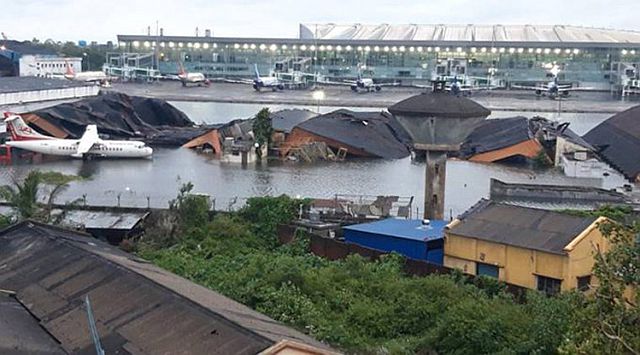One Year of Cyclone Fani – Lessons for the Future
Related Articles
CSR News: ‘Bottles for Change’ Drives Plastic Circularity at Puri Rath Yatra 2025
Puri, India: Bisleri International Pvt. Ltd., India’s leading packaged drinking water brand under its flagship sustainability initiative, Bottles for Change (BFC), implemented a comprehensive,...
How access to clean water will reduce drastically by 2030 and why our approach to water needs must change
By 2030, nearly 40% of Indian cities could run out of drinking water. It’s not a distant worry- it’s already happening. If you’ve lived...
Delhi Bans Petrol and Diesel for Old Vehicles to Tackle Air Pollution
From July 1, 2025, Delhi has enforced a strict ban on the sale of petrol and diesel to old vehicles, marking a significant step...

